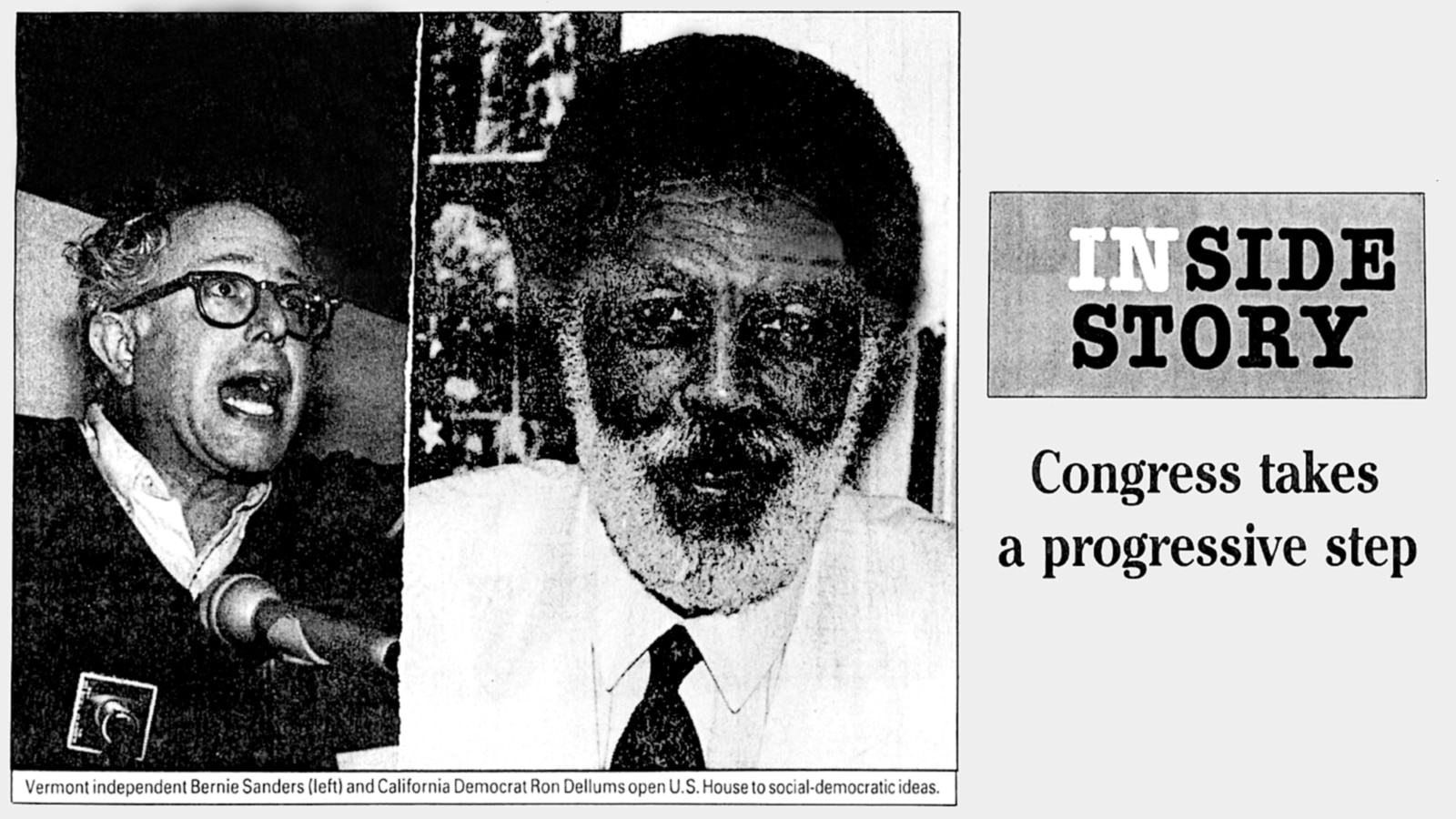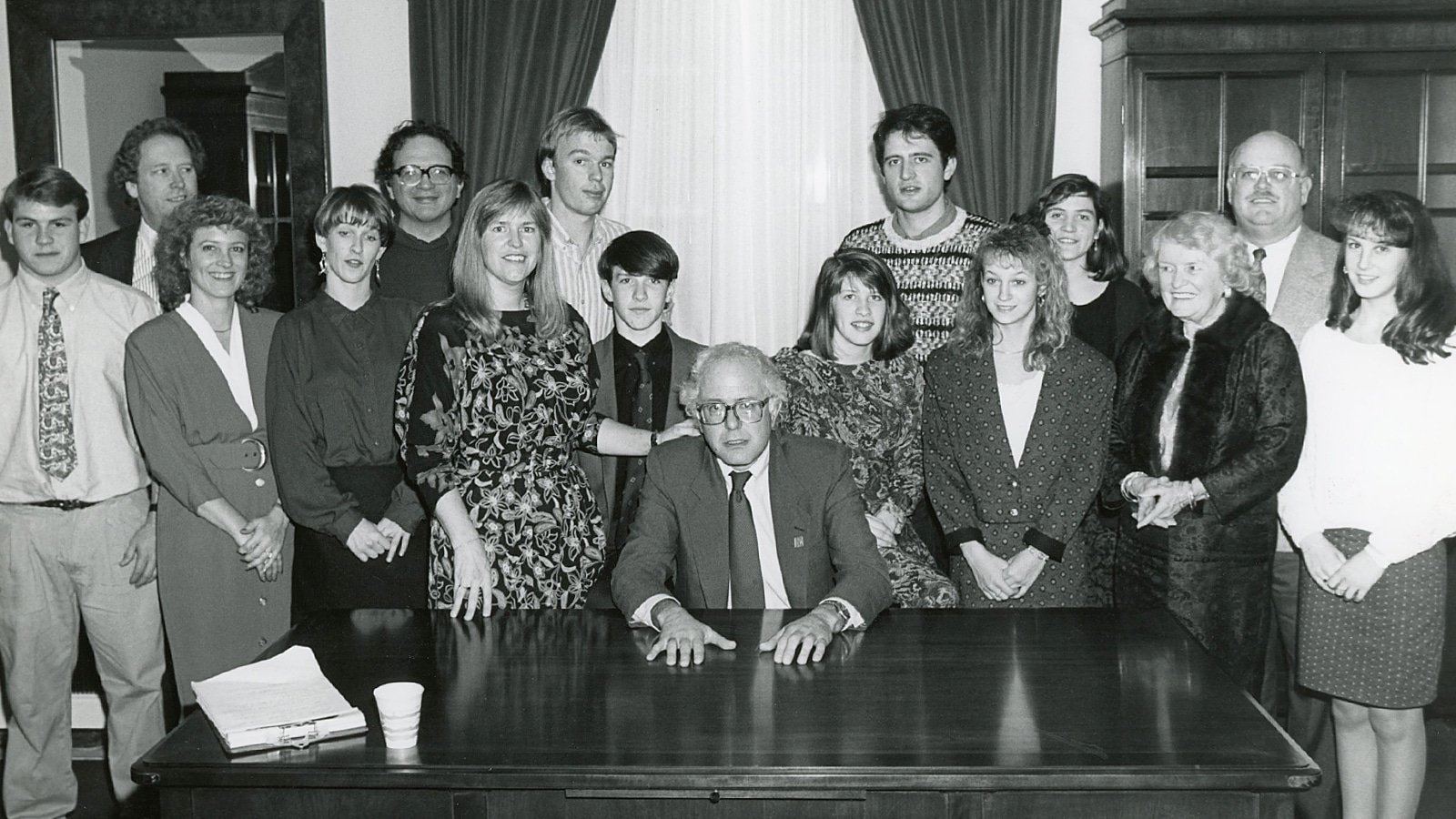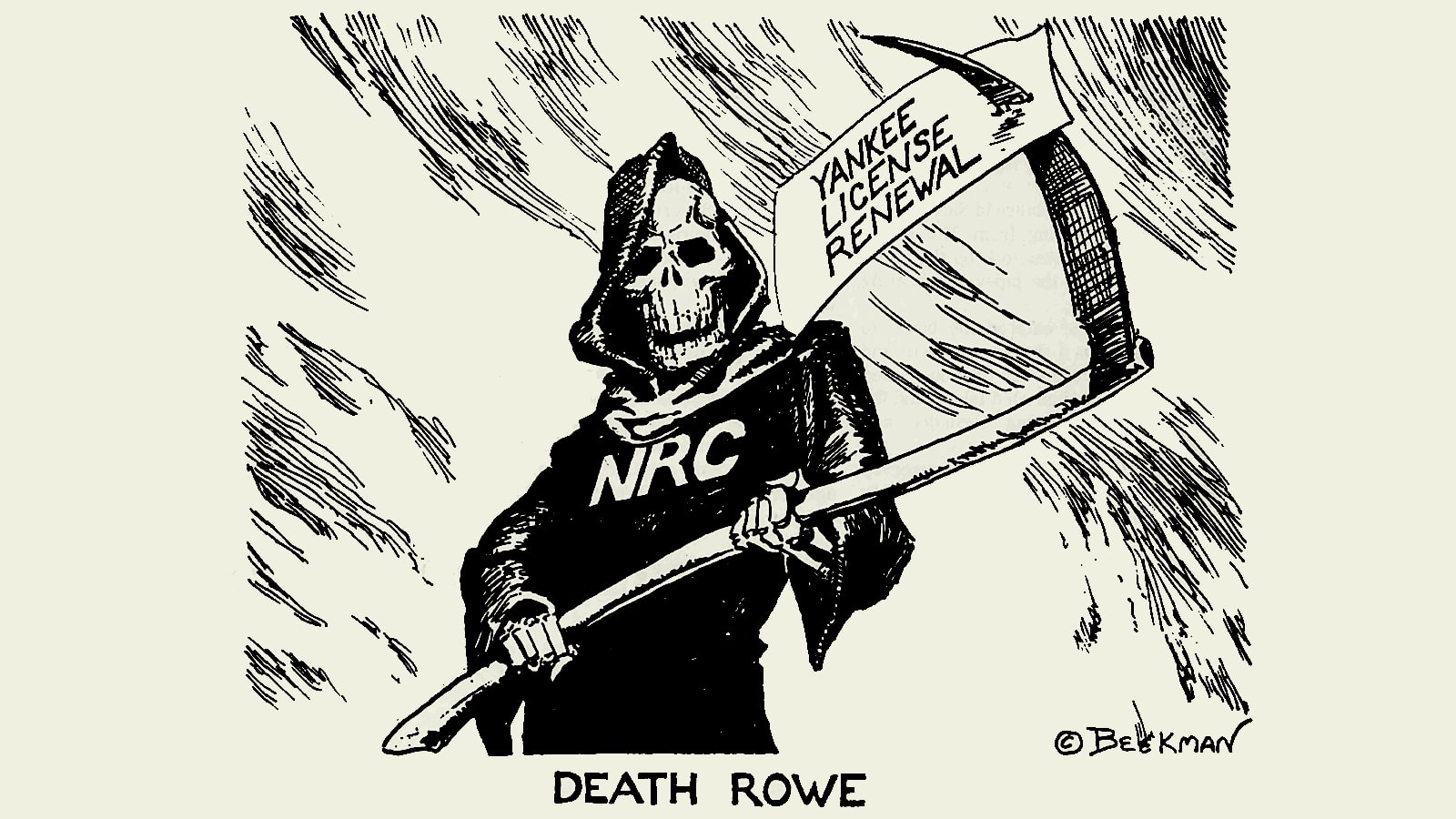On July 26, 1991, Rep. Bernie Sanders and U.S. Representatives Ron Dellums, Lane Evans, Thomas Andrews, Peter DeFazio, and Maxine Waters invited members to join them for the first meeting of the Congressional Progressive Caucus.
The invitation began:
“As Members of Congress, we are deeply concerned at the degree to which the citizens of our country are becoming angered and alienated from the American political process. Poll after poll indicates that the ordinary people of this country no longer believe that the U.S. Congress represents their interests or is fighting for their rights. In the 1990 Congressional elections, only 35 % of eligible voters bothered to cast a ballot. We have the lowest voter turnout of any industrialized democracy in the world.[1]
It seems to us that a key reason that the American people are giving up on the political process is that Congress appears to be unable to confront the major problems facing our nation – problems that are especially painful for the working people and the middle class of this nation — the people who constitute the vast majority of our population.”[1]
“Lonely leftists in the House have long yearned for such an organization. The Democratic Study Group, one of the most successful caucuses, has acted as a liberal think tank and advocacy outfit for 30 years.” However, the group was regarded as too closely tied to the Democratic establishment.[2]
“There are dozens of Democrats in Congress who are prepared to do the right thing,” said Sanders. “By articulating ideas in a unified way, we will try to force the Democratic leadership to come to terms with those ideas. And at some point, the leadership does have to respond to the rank and file.”[2]
The Progressive Caucus came to be organized around the principles of social and economic justice, a non-discriminatory society, and national priorities representing the interests of all people, not just the wealthy and powerful.[3]
Our purpose is to present thoughtful, practical solutions to America’s economic and social problems. Our people-based agenda extends from job creation to job training, economic conversion, single-payer healthcare reform, adequate funding for the AIDS crisis, environmental reform, and women’s rights.[3]
 Back to Timeline
Back to Timeline


